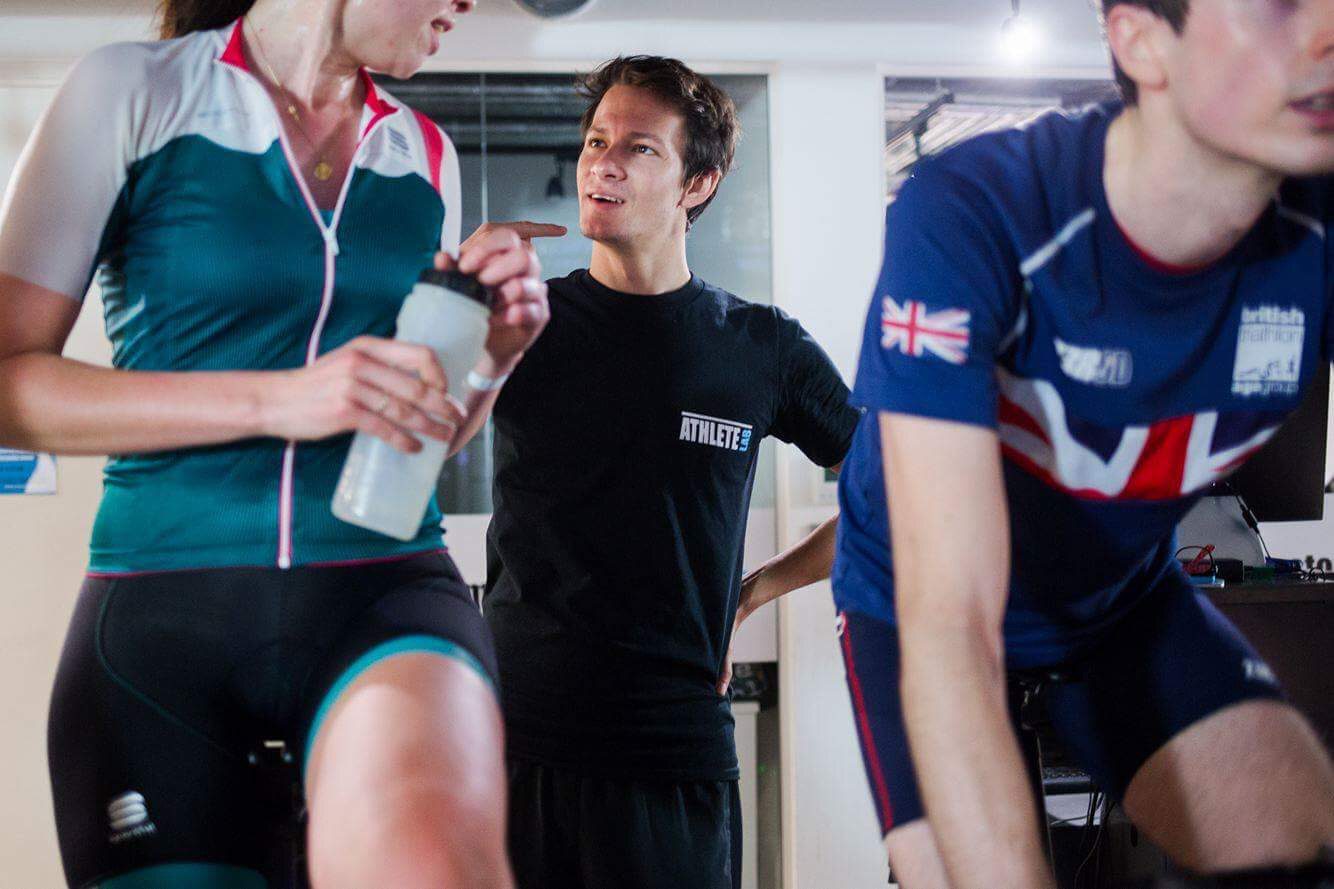Finding the right cycling coach and developing an achievable plan
Seek to work with the right coach who can help you achieve your goals and lay out a realistic plan for you

It’s National Coach Week and Lorena Jones looks back at her experience of working with her coach Rob Foster, the former head coach at Athlete Lab London. Breaking the experience down into three main features; finding a coach and establishing a realistic plan, setting that plan into action, and finally, keeping your sights on the target, Lorena offers a few considerations for each stage.
Finding a Coach
Most people would agree that trust and communication are the foundation of any successful relationship and a client/coach relationship is no exception. You are, after all, handing the reins over to someone else no matter how much responsibility you take for your training. With this in mind, it’s important you find someone you can relate to. The successes, failures, nerves, and frustrations all come with an emotional price tag and as you work your way through the training plan your coach will take this journey alongside you.
It is worth noting that not all coaches are the same. Aside from the obvious differences that may arise in terms of favoured training schedules and associated techniques it is important that you factor in their experience and any specific qualifications when making your choice.
Good coaches usually come highly recommended, so if you already know someone who has gone through the process of finding a coach, then don’t be afraid to ask and let them know who and what you are looking for. Just be aware that your training goals might be quite different to theirs, and so, the coach who got them on the podium for their last crit race might not be as effective when it comes to the endurance race you’ve got your eye on. Take all factors into consideration; your goals, your history and theirs, where most of your training will take place, and so on.
Set Performance Goals and Set a Realistic Plan
I suppose the notion of taking on a coach suggests that I wasn’t getting it right alone.
Looking back, the erratic mix of high and low intensity workouts might have felt like I was making progress but opened the door to overtraining and an eventual training wall.
“Alternating the sessions; an easy session followed by a hard session, then another hard session will remove any consistency in stressing the overall system and so will not offer the same results,” former head coach at Athlete Lab London ROb Foster explained. “This is true for the duration and highlights the importance of following the plan. Regardless of what block of training you are working on, the day in day out of the same thing is necessary to get the required effect.”
If you are considering a coach, it’s likely that you already have a target in mind, but break it down a little together with your coach. Performance goals will vary person to person and of course largely be governed by a long term objective. They may focus on your FTP (Functional Threshold Power), be more skills orientated or work towards smaller events in the run-up to your A race. Either way, it is important to outline smaller performance targets to build and develop the individual skills, and better monitor your progress throughout the training period. It is likely that at some point you will feel frustrated and with the natural ebbs and flows leading to a long term goal these will confirm that you are indeed, moving forward.
Be Adaptable
Life can be demanding, we get that and your coach should too so if you have a particularly demanding life and your coach doesn’t understand then he/she is possibly not the right coach for you. That said, there needs to be a mutual respect and as much as your coach needs to adapt to accommodate your hectic lifestyle, you need to adapt your lifestyle as much as possible to accommodate your coach; you are on the same team and chasing the same goal after all.
There are times of course, when ‘life’ happens; a busy day, an unexpected event, or maybe you’re simply not feeling up to it. This is where a coach is worth their weight in gold, they know when to push you further, when to pull you back and with a few key questions they can amend the session to suit, or even suggest an alternative session whilst maintaining the intensity of that particular block. This may take the form of riding at a higher cadence for example, or increasing hill work to target strength training and so on.
Thankfully most coaches are well rehearsed when it comes to adapting the plan to suit individual needs and meet the demands of an otherwise erratic schedule. Of course, communication is vital, for this to work and highlighted throughout the second part when we put the ‘plan’ into action.

